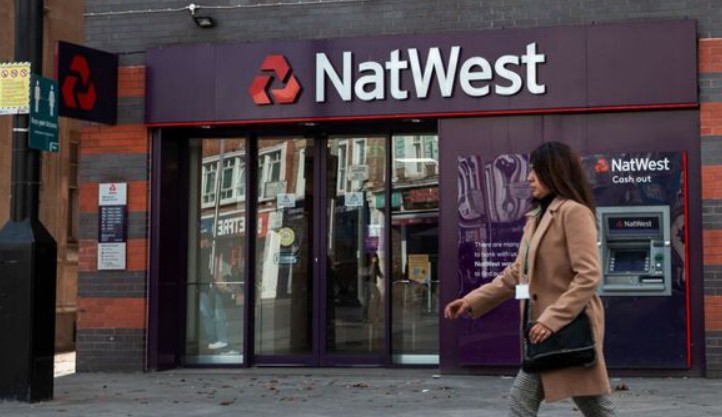The UK government has officially completed the final NatWest shares sale, ending a 17-year chapter of public ownership that began during the 2008 financial crisis.
Back in 2008, the Treasury stepped in to rescue the bank, then known as Royal Bank of Scotland (RBS), with a staggering £46 billion injection to stabilise the economy during one of the gravest financial upheavals in modern history.
Final NatWest Shares Sold, Ending 17-Year State Ownership
Since then, the NatWest shares sale has been an ongoing effort to recover public funds. So far, approximately £35 billion has been returned to government coffers through dividends, fees, and previous share sales. Despite the scale of the return, taxpayers have incurred a loss of around £10.5 billion.

Chancellor Rachel Reeves hailed the NatWest shares sale as a pivotal moment in the country’s economic journey: “Nearly two decades ago, the then-government stepped in to protect millions of savers and businesses from the consequences of the collapse of RBS.
That was the right decision then to secure the economy, and NatWest’s return to private ownership turns the page on a significant chapter in this country’s history.”
Chief Executive Paul Thwaite echoed the sentiment: “This is a significant moment for NatWest Group, for all those who work here and for the UK more widely. As we turn the page on the financial crisis, we can look to the future with confidence, without forgetting the lessons of the past.”
The NatWest shares sale not only marks the end of government involvement but signals a fresh era for the banking group.
Although the Treasury began reducing its stake in 2015, it wasn’t until the past year that the pace picked up. The surge in NatWest’s share price gave the government a timely opportunity to offload its remaining shares.
Chairman Rick Haythornthwaite noted the milestone: “Hopefully, this is a moment when we can consign the great financial crisis to the past. It’s very difficult to overstate the importance of what the taxpayer did for the company and for the nation as a whole.
There’s no doubt that the banking sector, the financial services sector as a whole, is much stronger than it was 17 years ago.”
He added that the NatWest shares sale marked a clear departure from a past defined by short-term profits and risky practices: “The culture of the companies is fundamentally different … way different to the short-term gains that they used to be focused on.”
With the state no longer a shareholder, NatWest can now operate independently, free from government oversight. The company aims to continue rebuilding trust and focusing on long-term, sustainable growth.
This conclusive NatWest shares sale is more than a financial transaction—it’s a symbolic closure of one of the most turbulent economic chapters in recent UK history.






